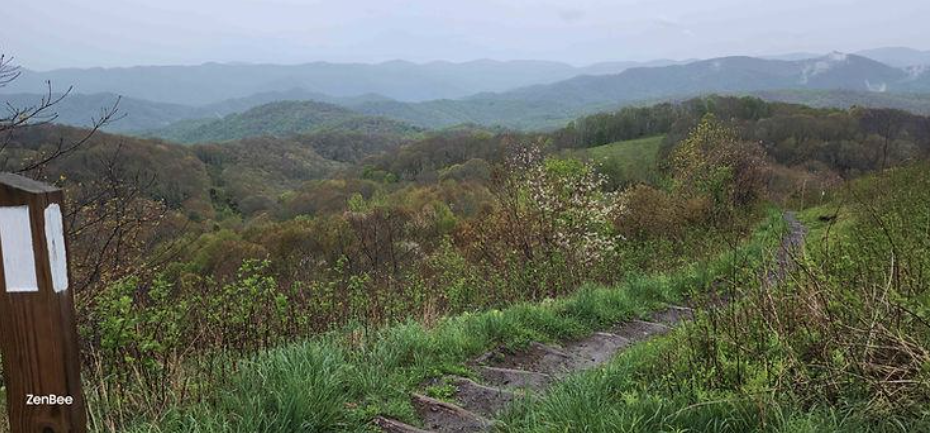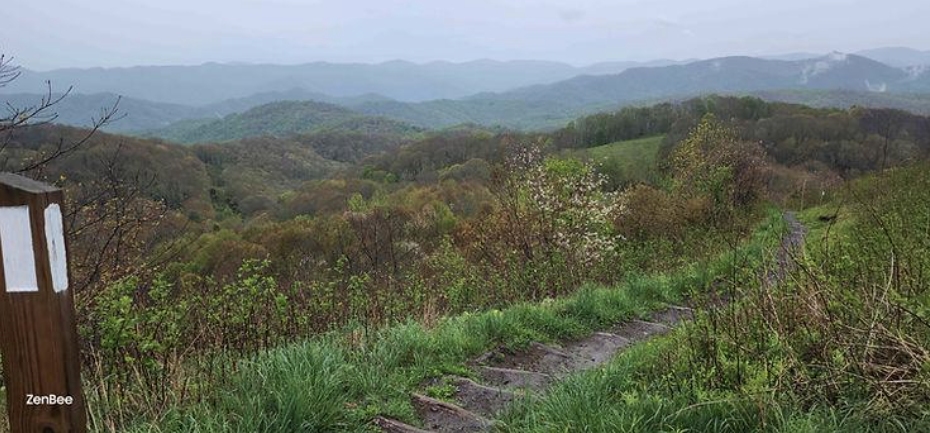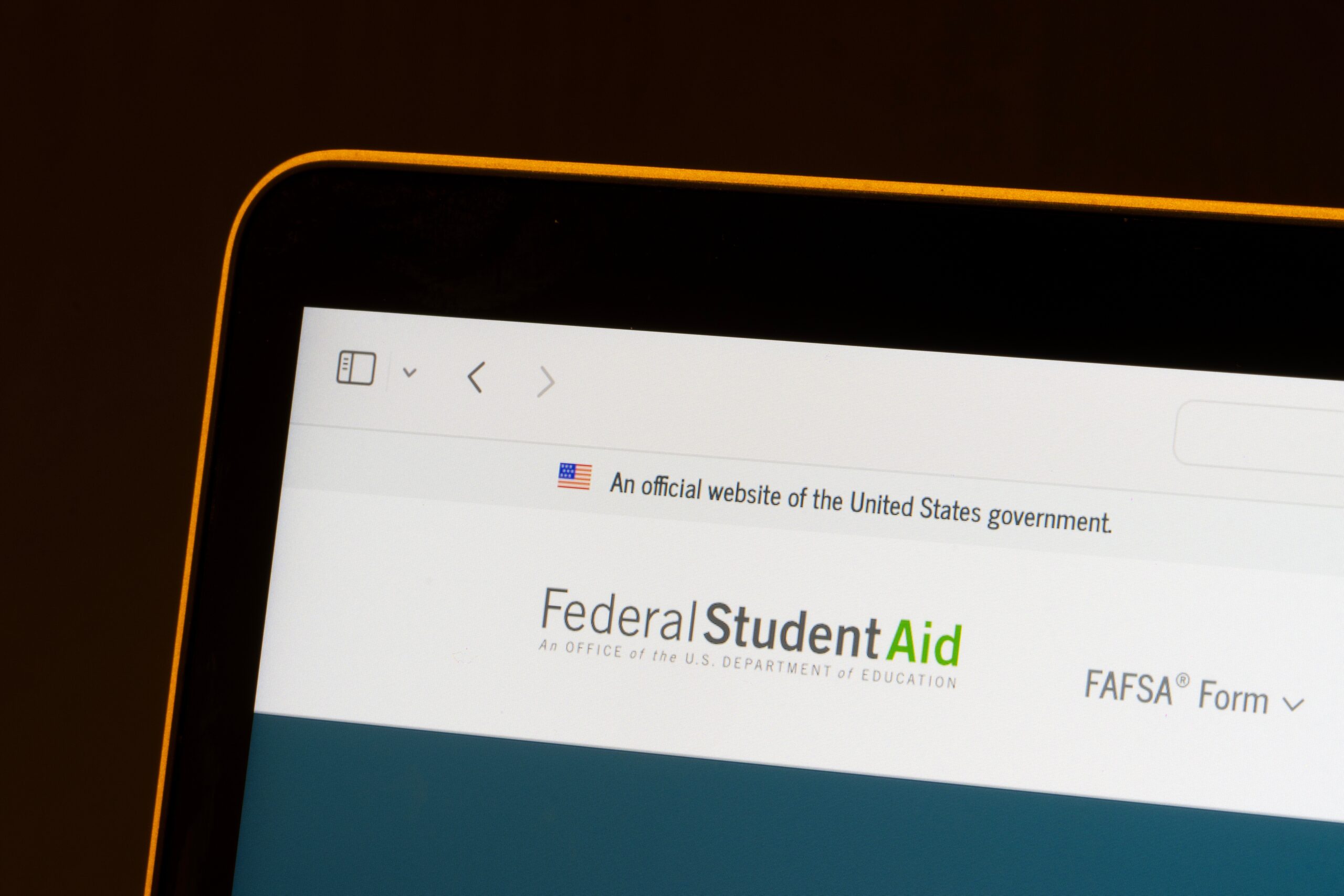Every year, thousands of hopeful hikers set out to conquer long-distance trails like the Appalachian Trail, Pacific Crest Trail, or Continental Divide Trail. With high spirits and grand ambitions, they march into the wilderness, packs stuffed with gear and dreams of transformation. Yet many are forced to quit early—not because of injury or lack of passion, but because they overestimated their endurance and underestimated their preparation.
In personal finance, the same mistake happens every day. Just like thru-hikers who carry too much weight or start too fast, many people dive into major life steps—buying a house, starting a family, financing a car—without a solid financial foundation. The result? Burnout, debt, and detours from the life path they envisioned.

Lesson 1: Carry What You Can Sustain
A novice thru-hiker might pack for every contingency—multiple cook systems, extra clothing, books, gadgets—only to find their back aching by day three. Likewise, taking on a mortgage while still juggling credit card or student loan debt can overload your financial capacity.
Just because you can carry something doesn’t mean you should. A mortgage, car payment, or new baby might fit into your monthly budget on paper, but like extra gear, they weigh down your financial flexibility. Emergencies, job changes, or market shifts can quickly make you regret the load.
Financial Tip: Focus on “base weight” first—eliminate high-interest debts and build an emergency fund before adding major financial obligations. A strong foundation ensures you can handle surprises on the trail ahead.
Lesson 2: Pace Yourself for the Long Journey
Many hikers quit because they push themselves too hard in the first week—logging 20-mile days with fresh legs and high spirits. But a thru-hike is a marathon, not a sprint. Likewise, life’s financial path is long, and starting too fast—such as rushing into a family or house purchase—can exhaust your savings and future options.
Financial Tip: Financial maturity isn’t about how quickly you check off milestones; it’s about sustainability. Renting while saving for a down payment, waiting to start a family until you’ve built a safety net, or holding off on a car until you can pay more up front may feel like delays, but they position you for long-term security.
Lesson 3: Trail Magic Requires Flexibility, Not Dependence
“Trail magic”—unexpected generosity from strangers—is a beloved part of the thru-hiking world. But you can’t rely on it to get you to the end. In finance, windfalls (like tax refunds, gifts, or even promotions) feel like magic too. But planning on them leads to trouble.
Financial Tip: Build your budget and goals based on what you know you have, not on what you hope you might get. Bonus income should accelerate your journey, not enable an unsustainable pace.
Lesson 4: Know When to Adjust
Experienced hikers frequently “shakedown” their packs—reassessing what’s essential and ditching what’s not. In life, regularly reassessing your financial goals and obligations is just as crucial. Maybe that dream home isn’t worth the stress of a huge mortgage. Maybe a used car is more prudent than a brand-new model. Maybe it’s not the right year for daycare costs and diapers.
Financial Tip: Practice financial minimalism. Ask yourself: What are my needs vs. wants? What choices today are adding weight without value tomorrow?
Conclusion: Your Financial Path Is a Trail, Not a Race
Thru-hikers finish not by rushing, but by moving with intention, staying flexible, and taking care of their bodies and minds. Your financial journey is no different. Avoid the temptation to “keep up with the Joneses” or hit life milestones just because your peers do. Focus on your pace, your load, and your destination.
Overextending yourself—on the trail or in your finances—can turn a dream into a detour. But thoughtful preparation, patience, and pacing can help you reach your goals with your finances (and feet) intact.
This blog is the third installment of our “Lessons from the Trail” series. Our own April Busby, CPA, CFP® is currently hiking the Appalachian Trail.




